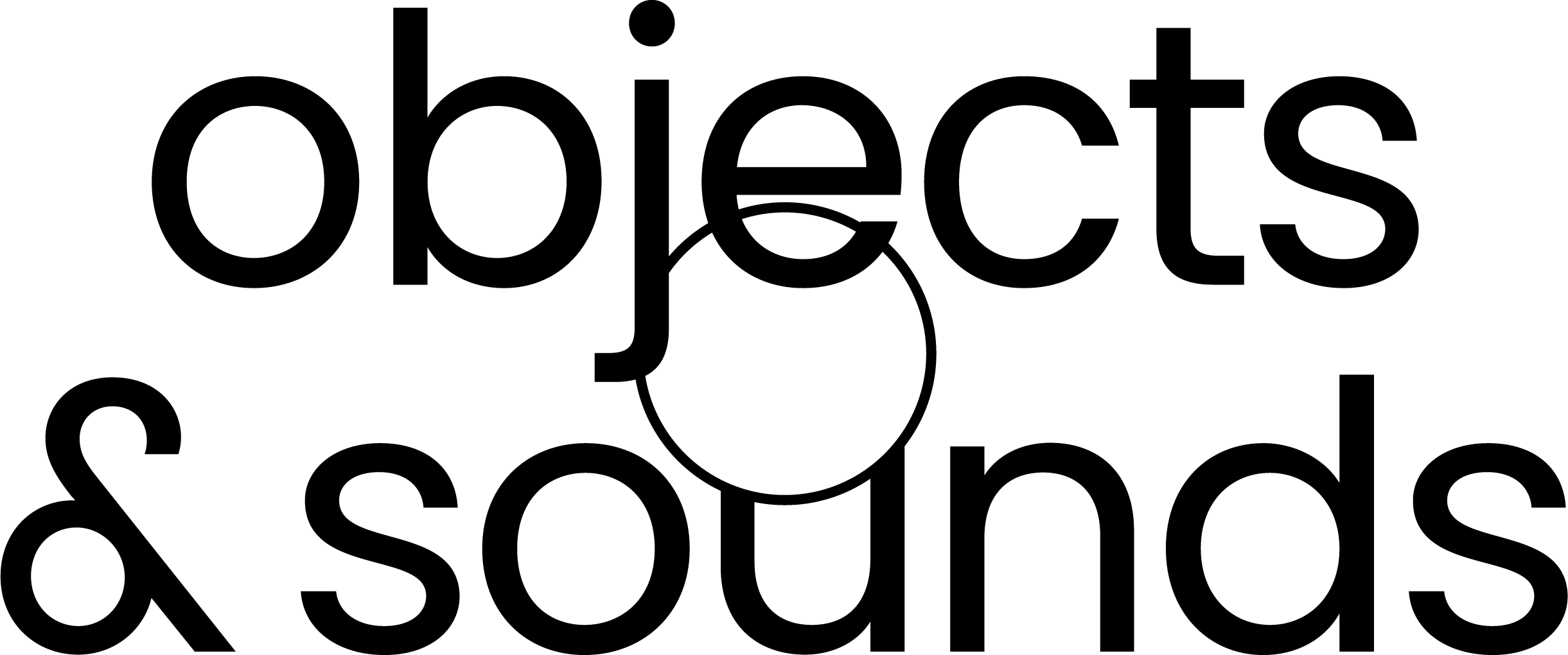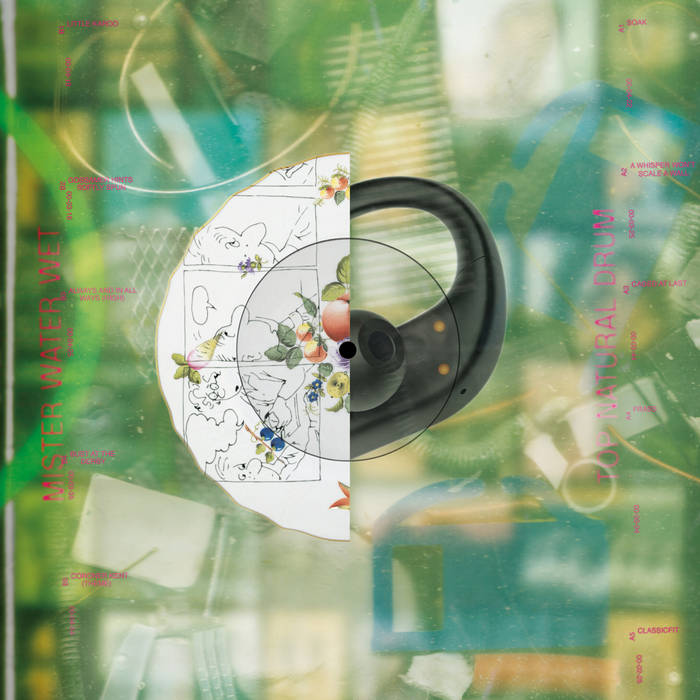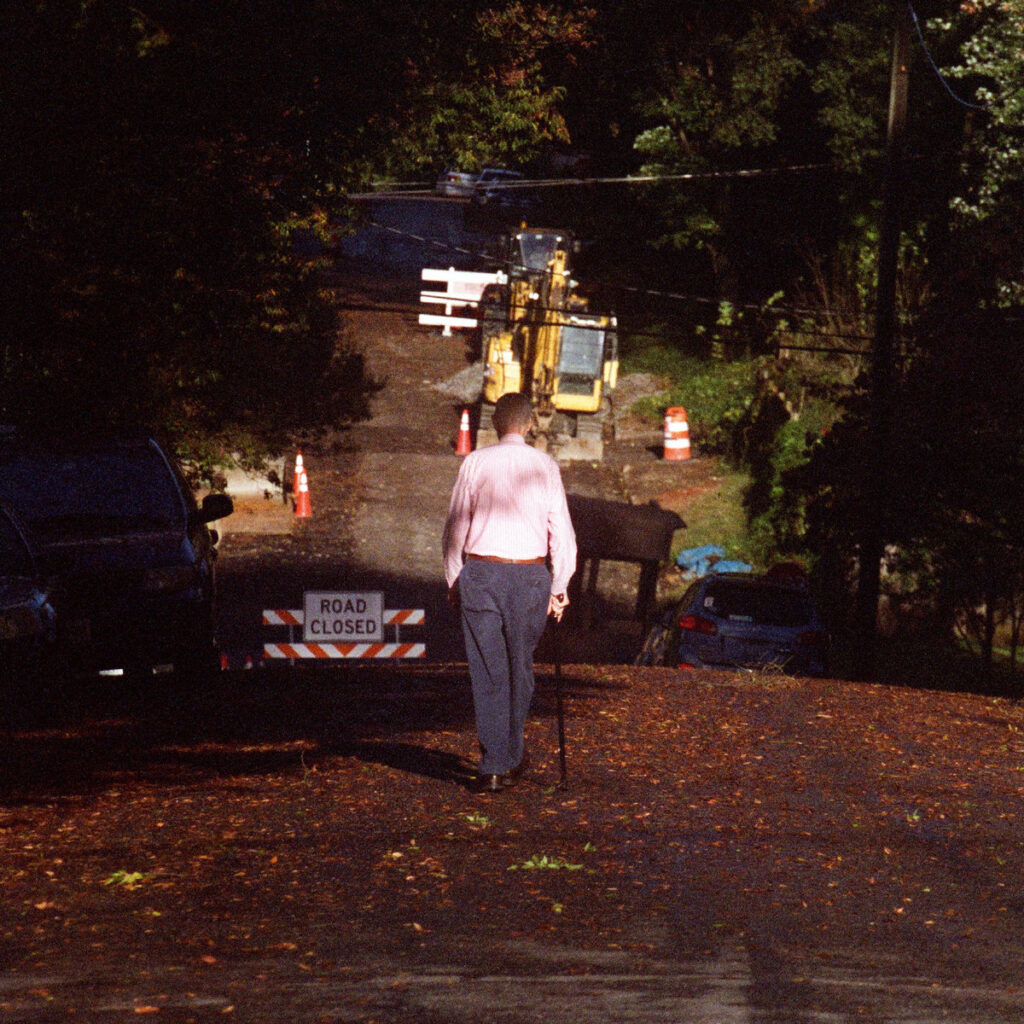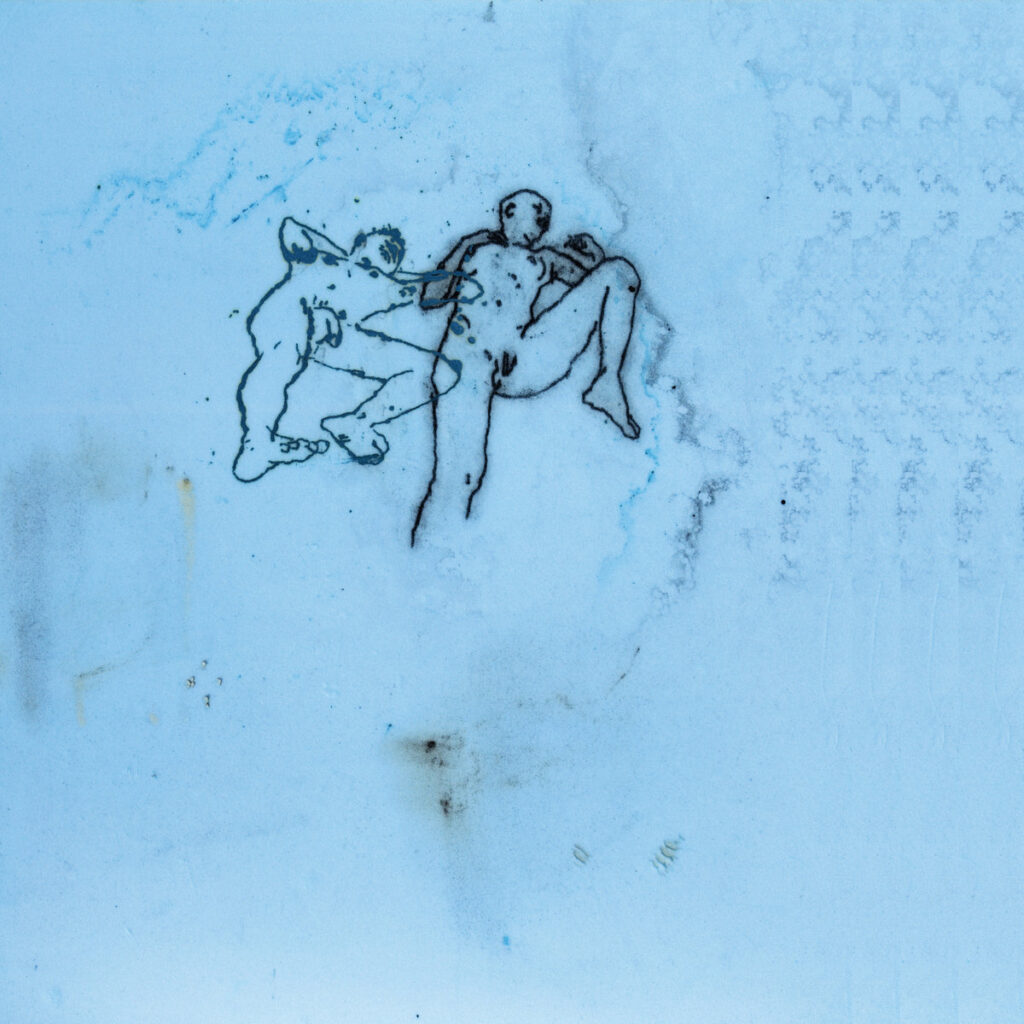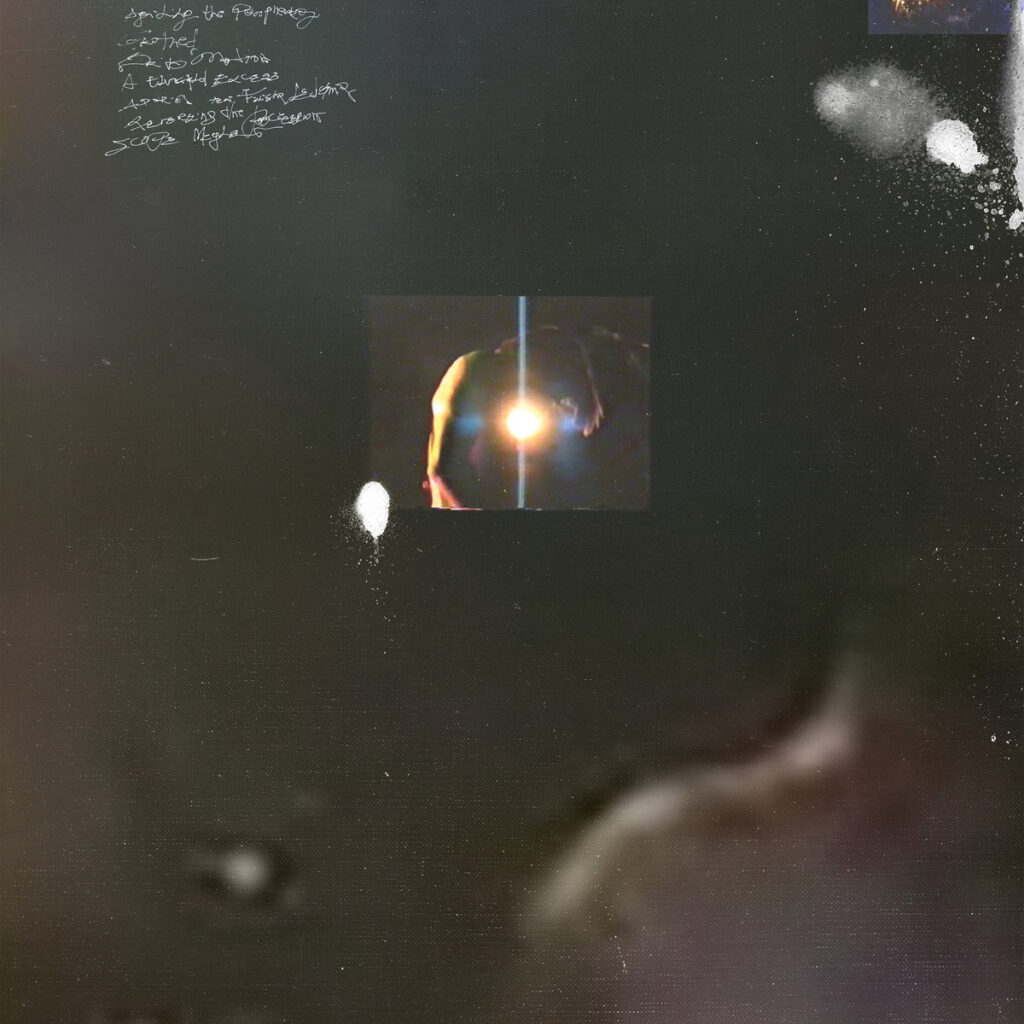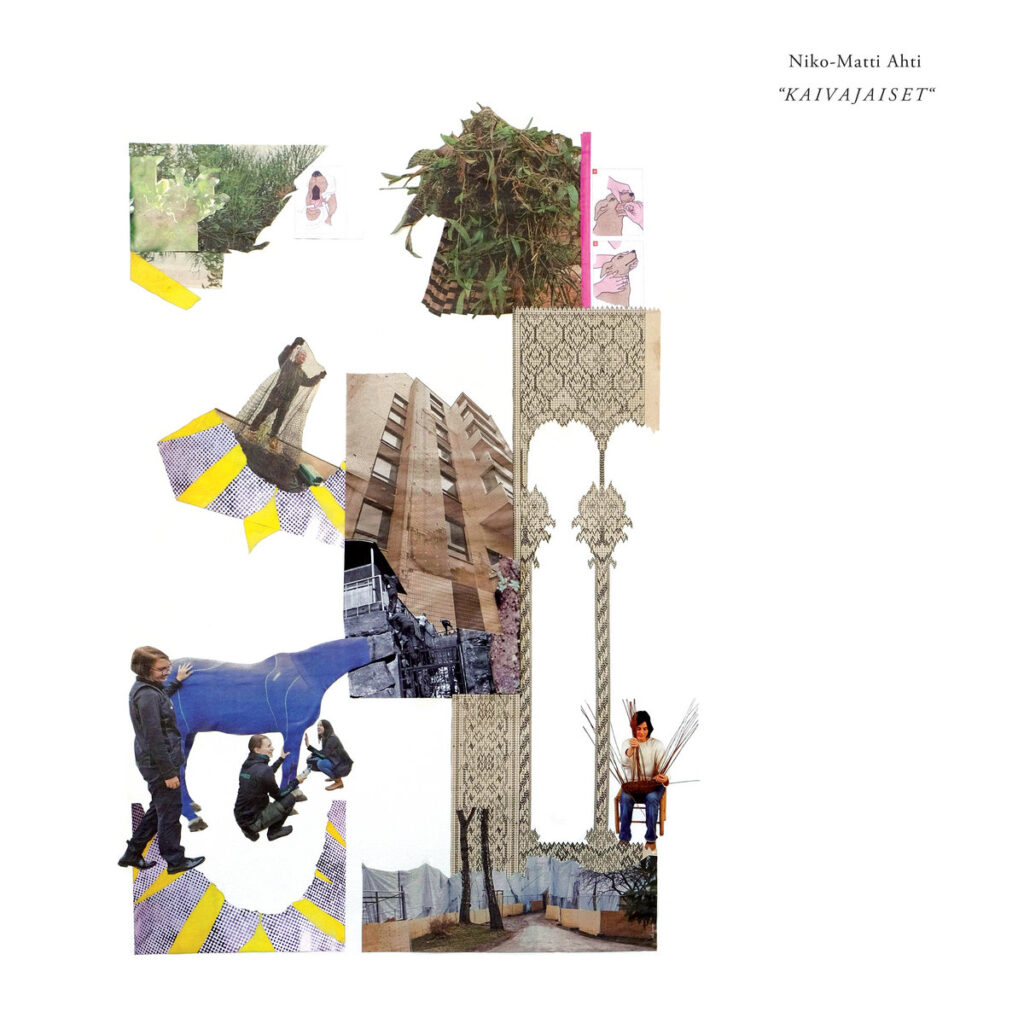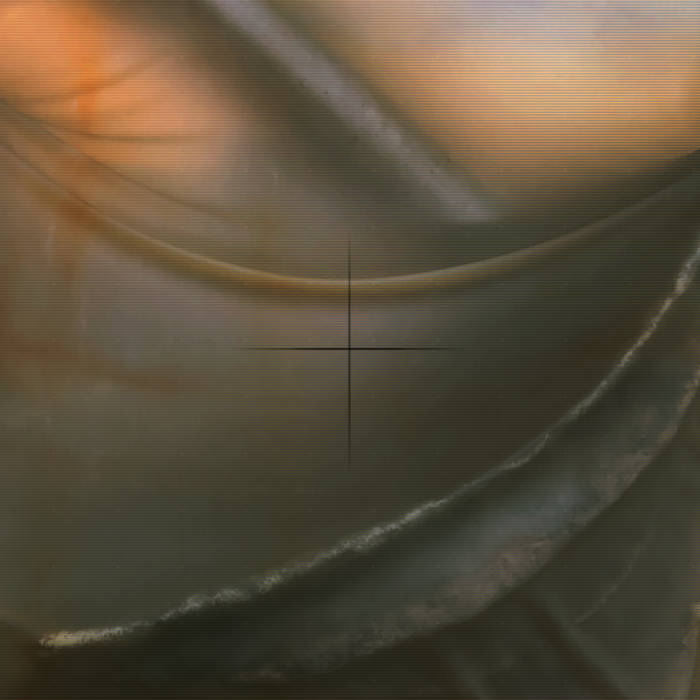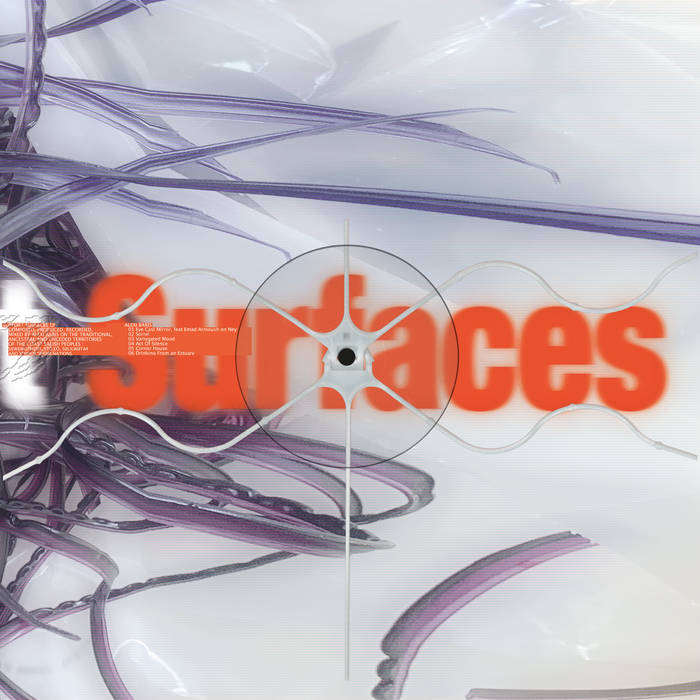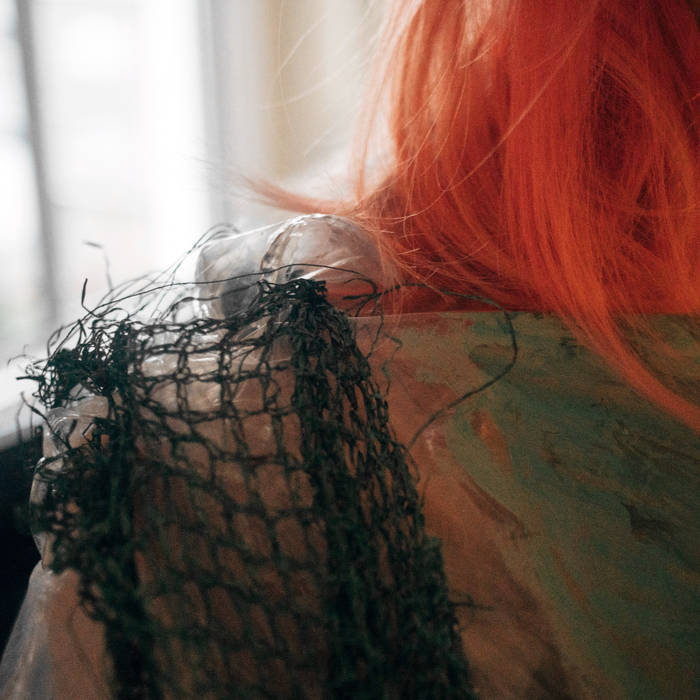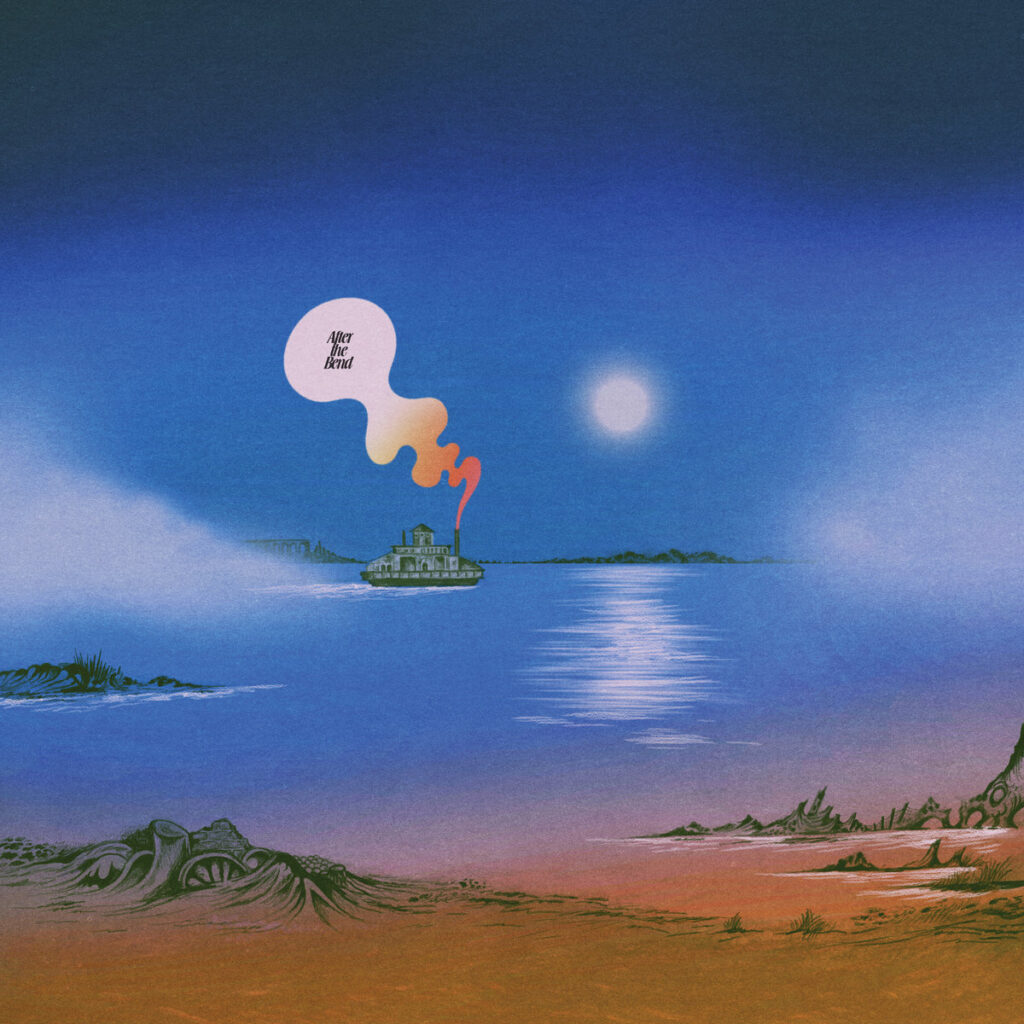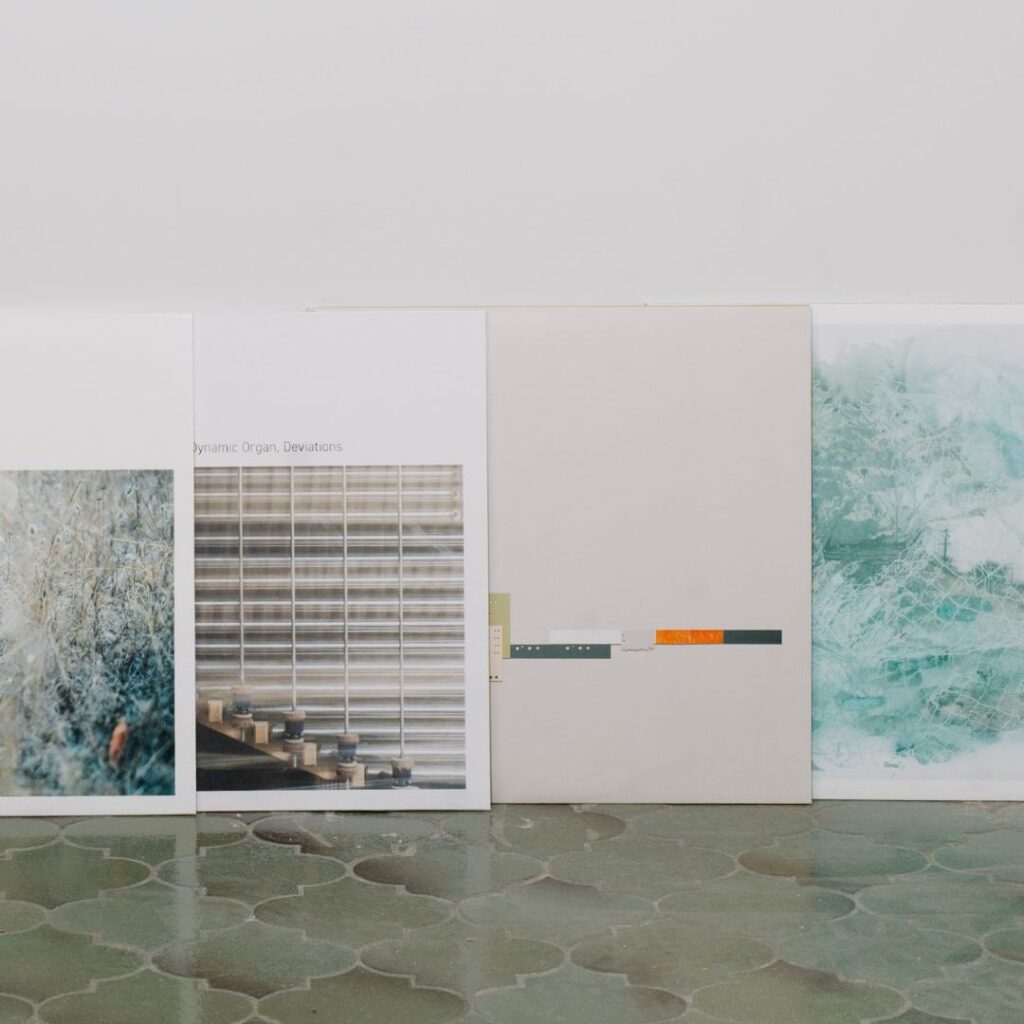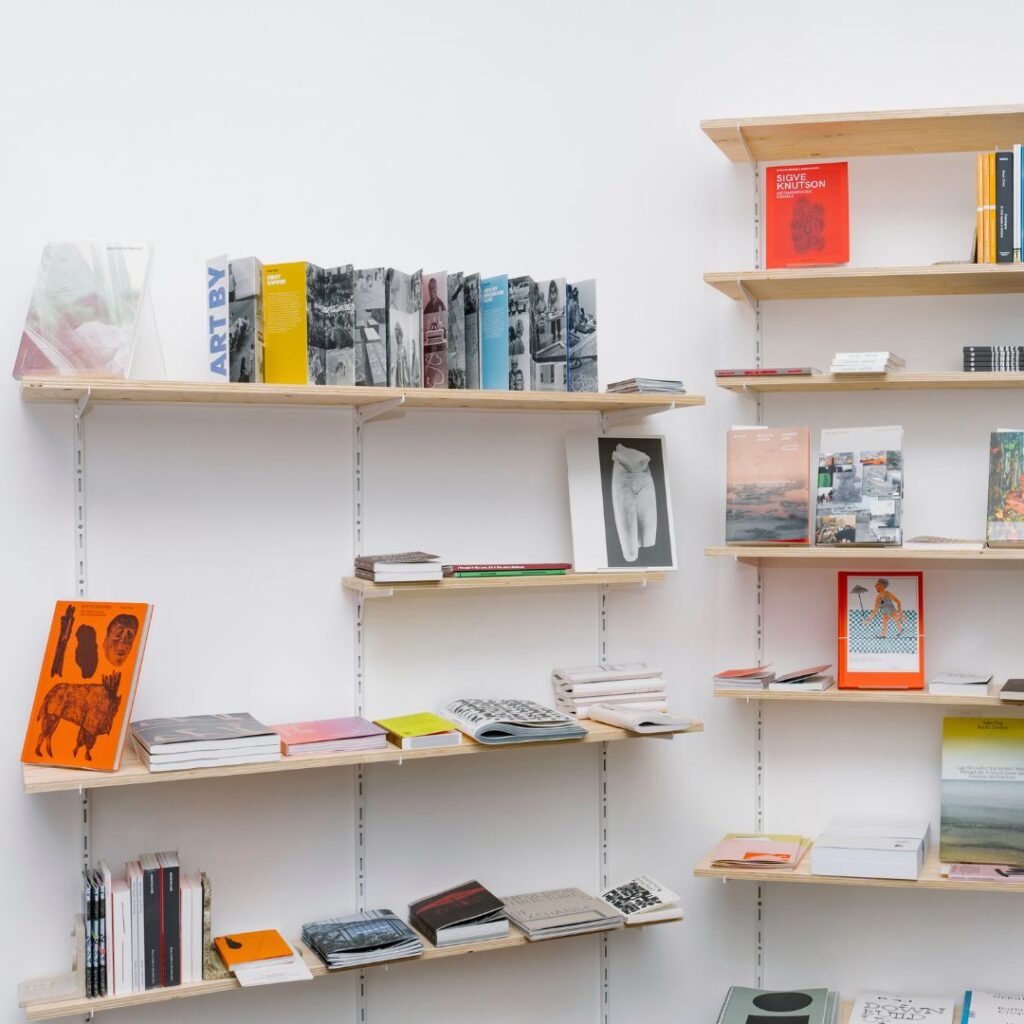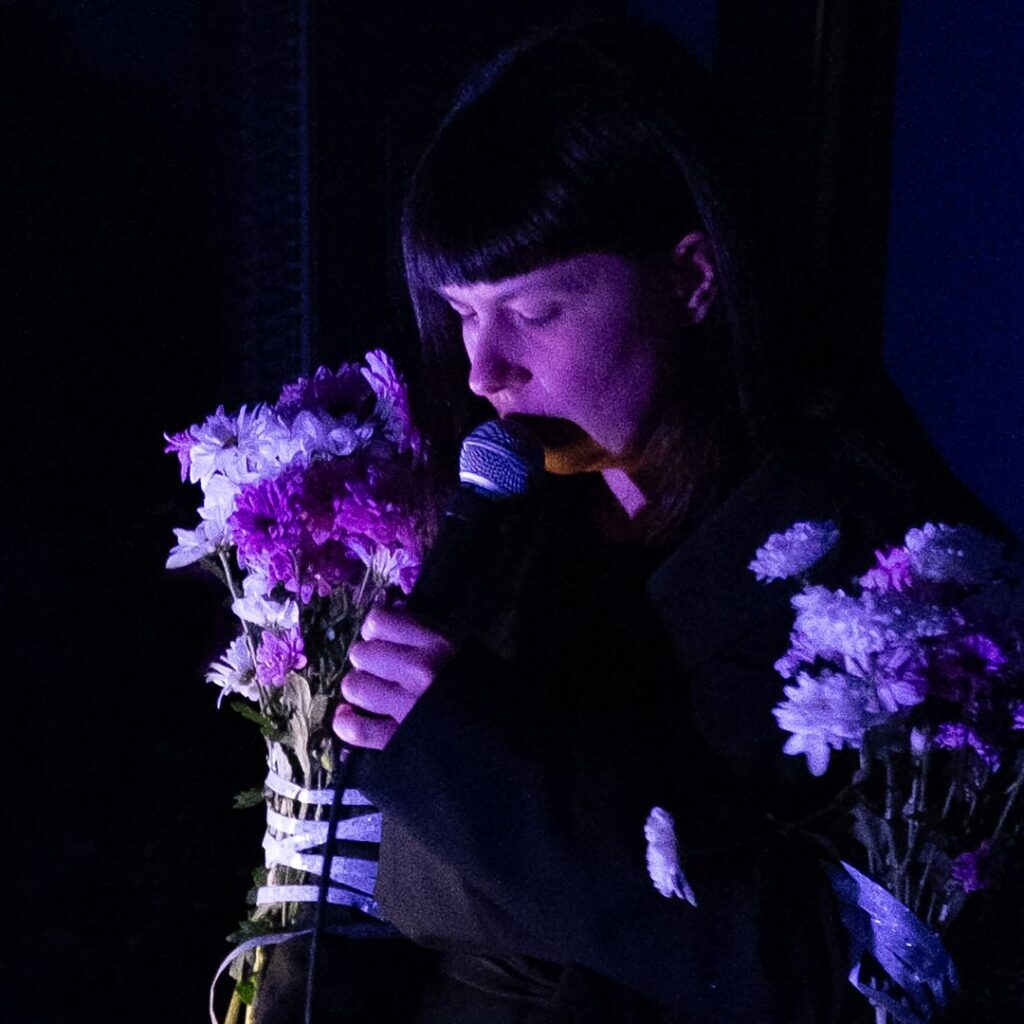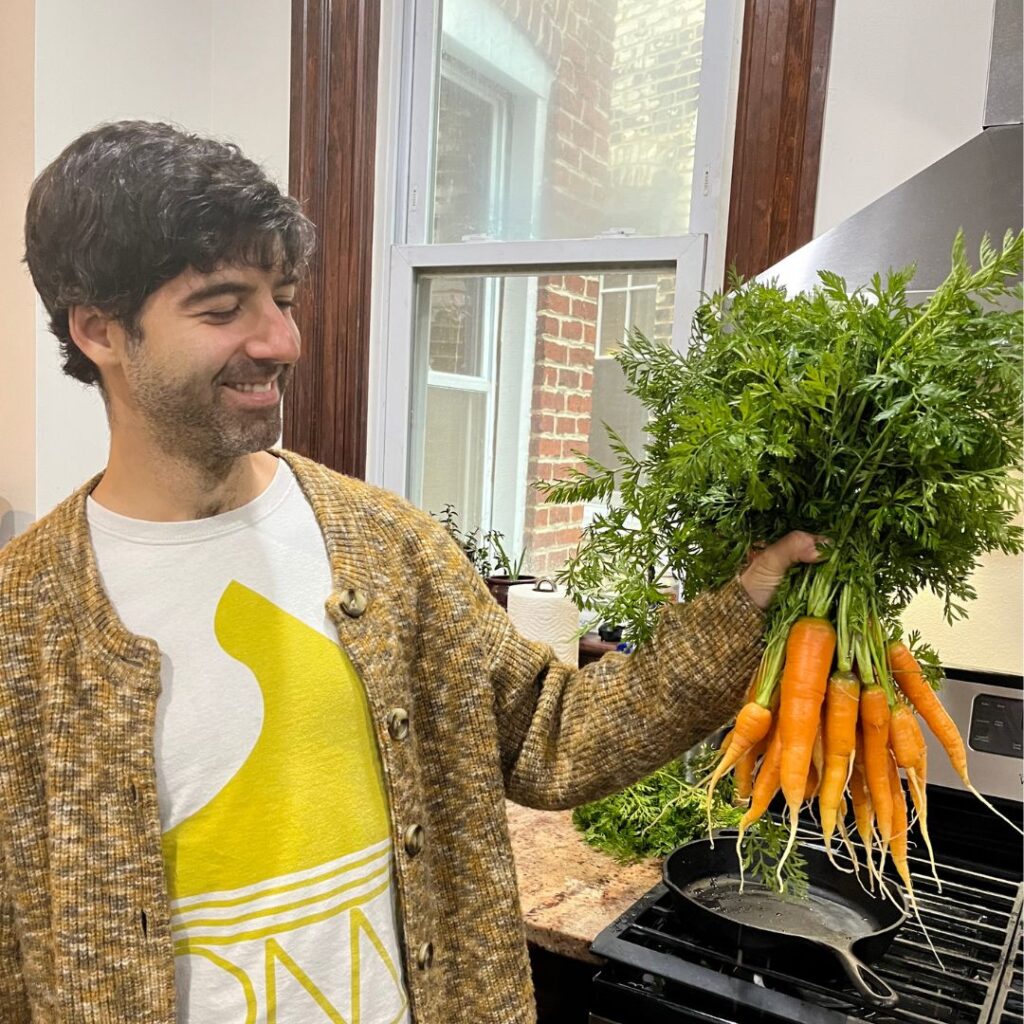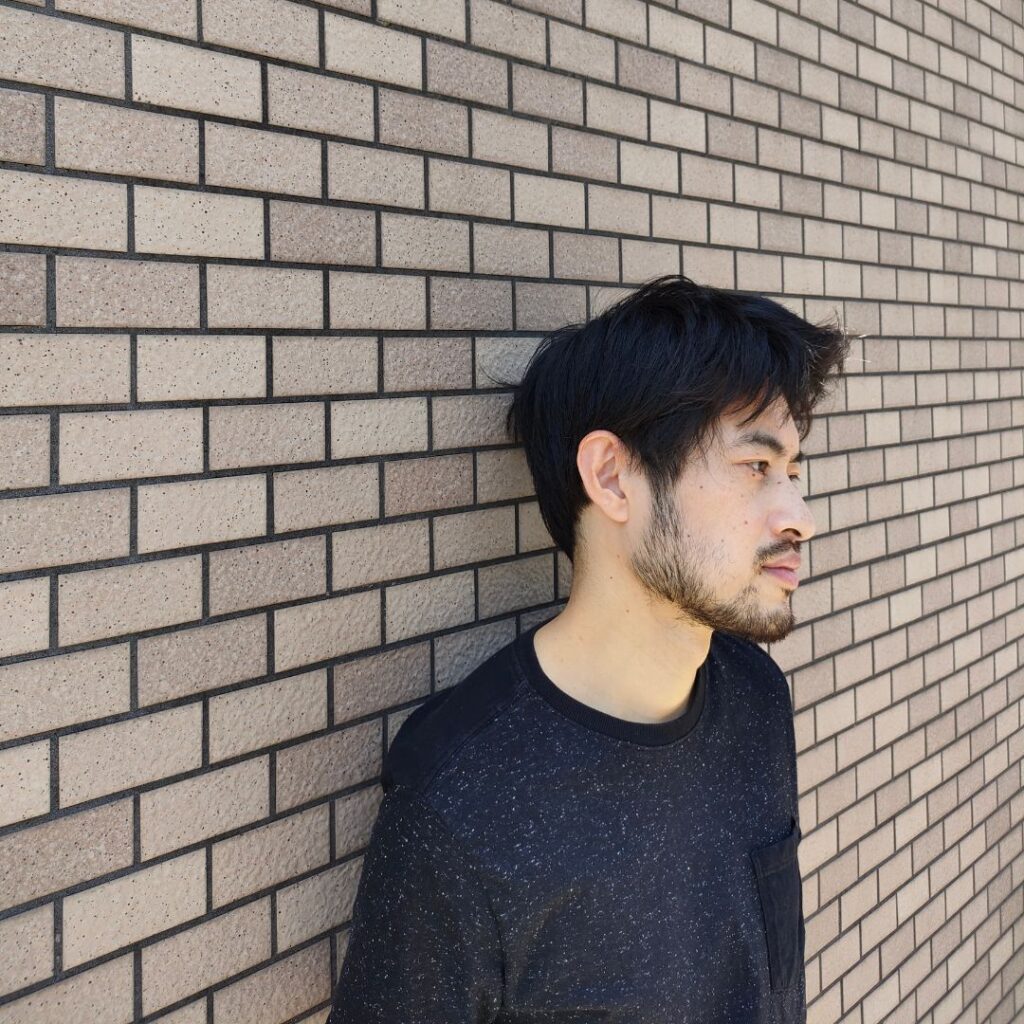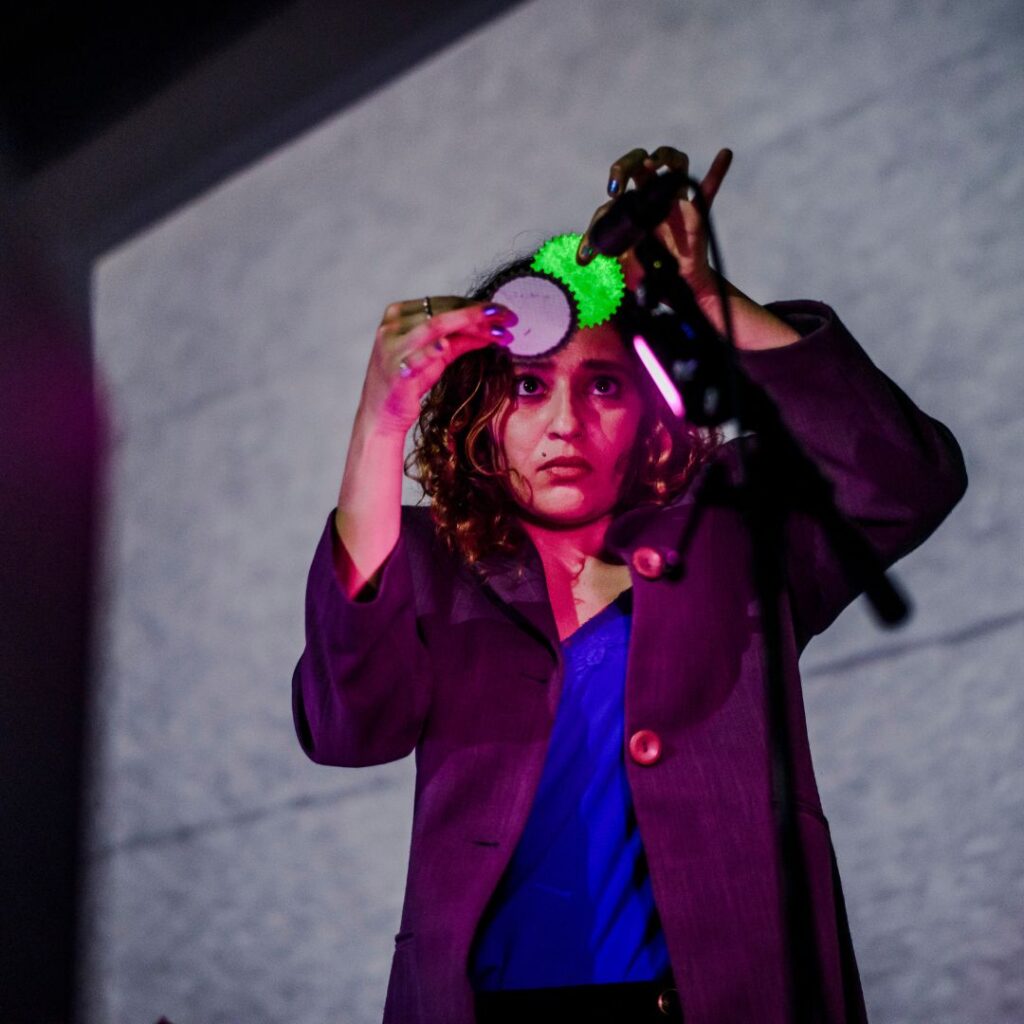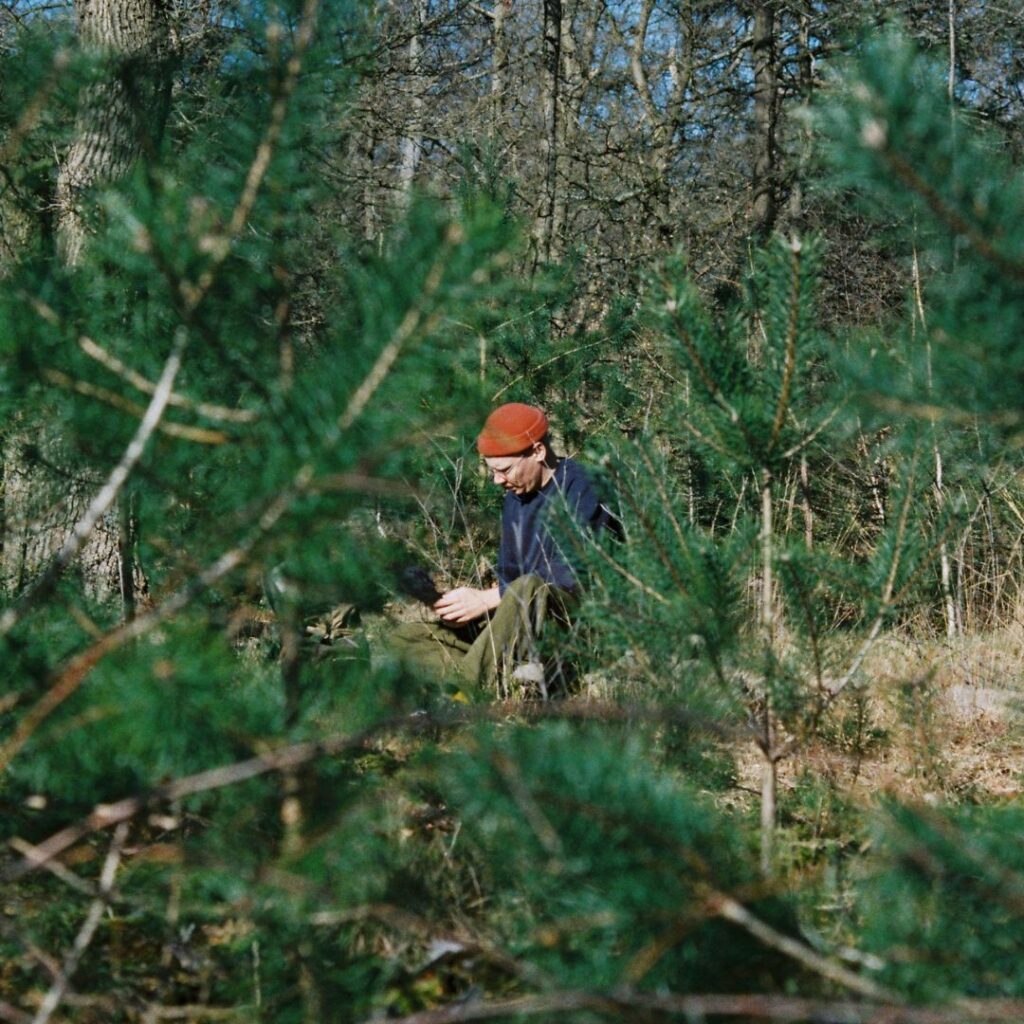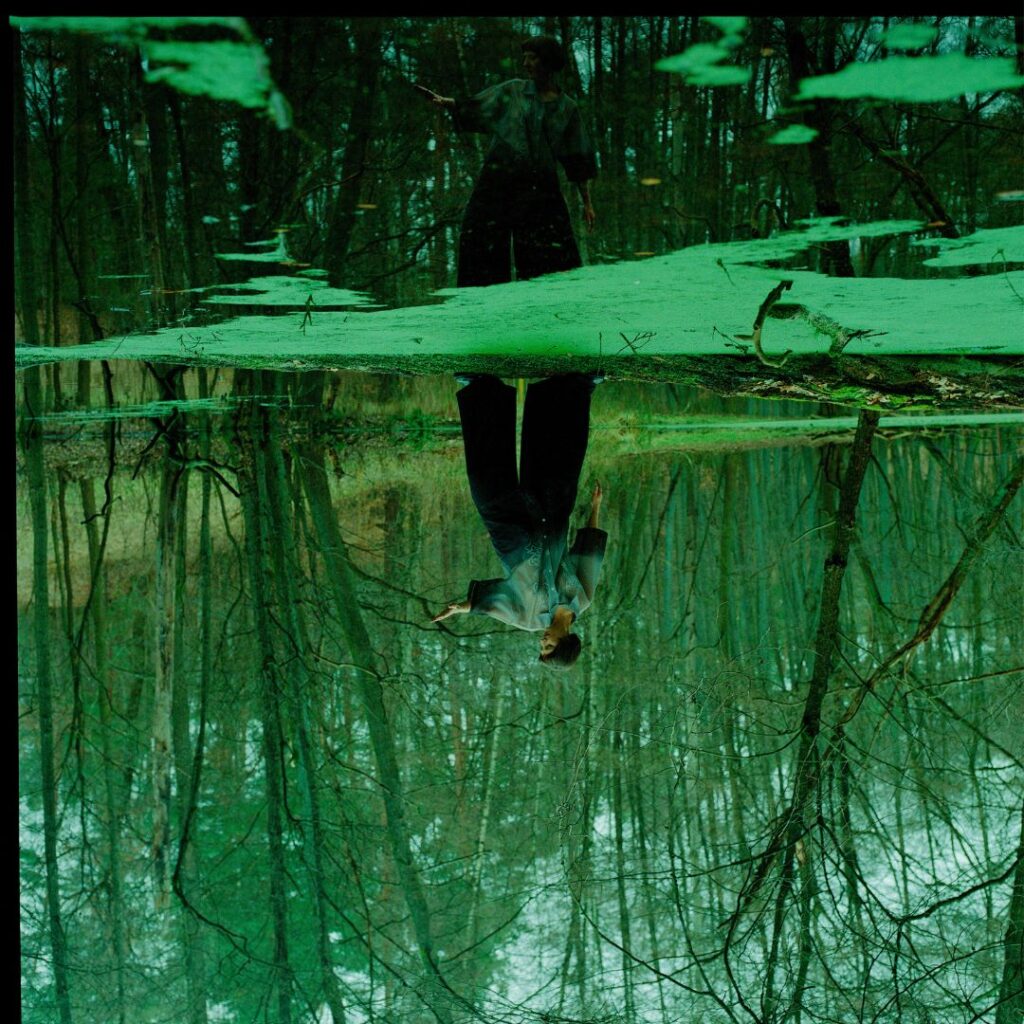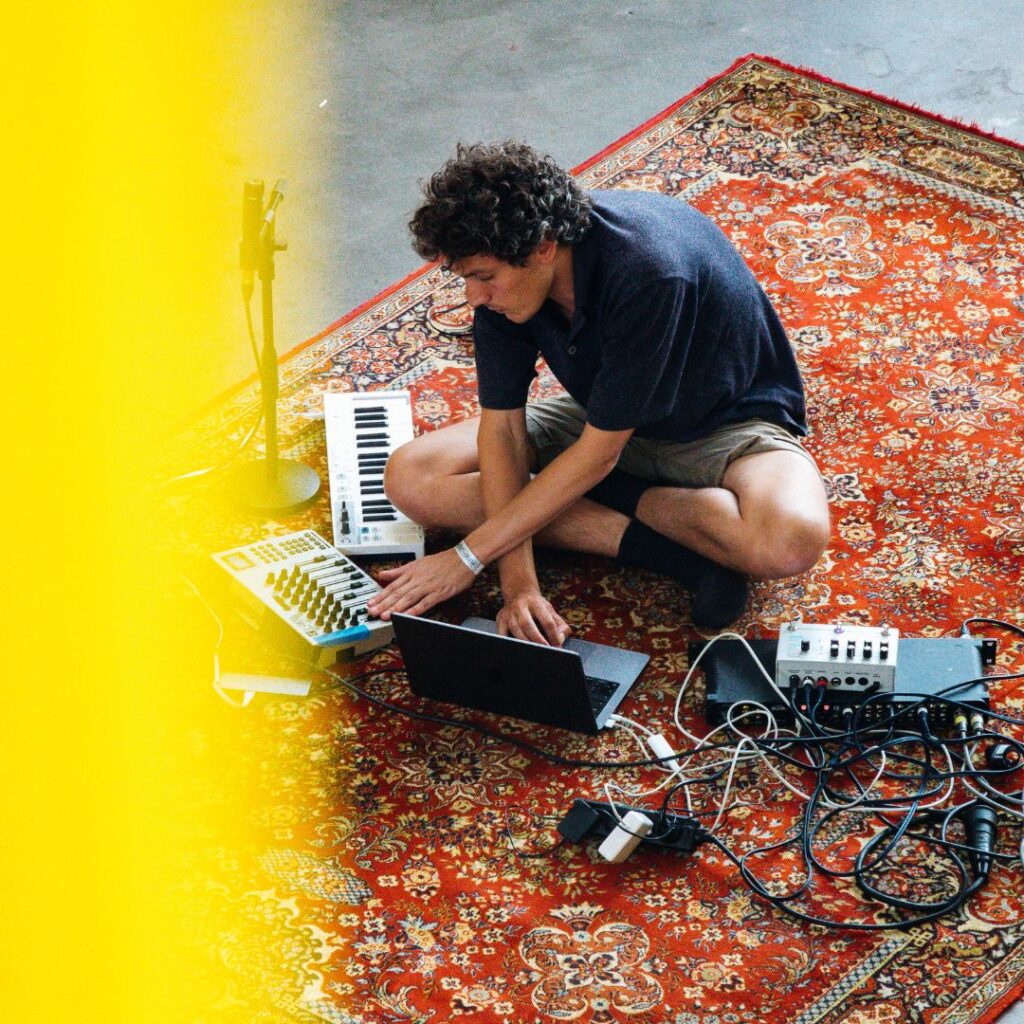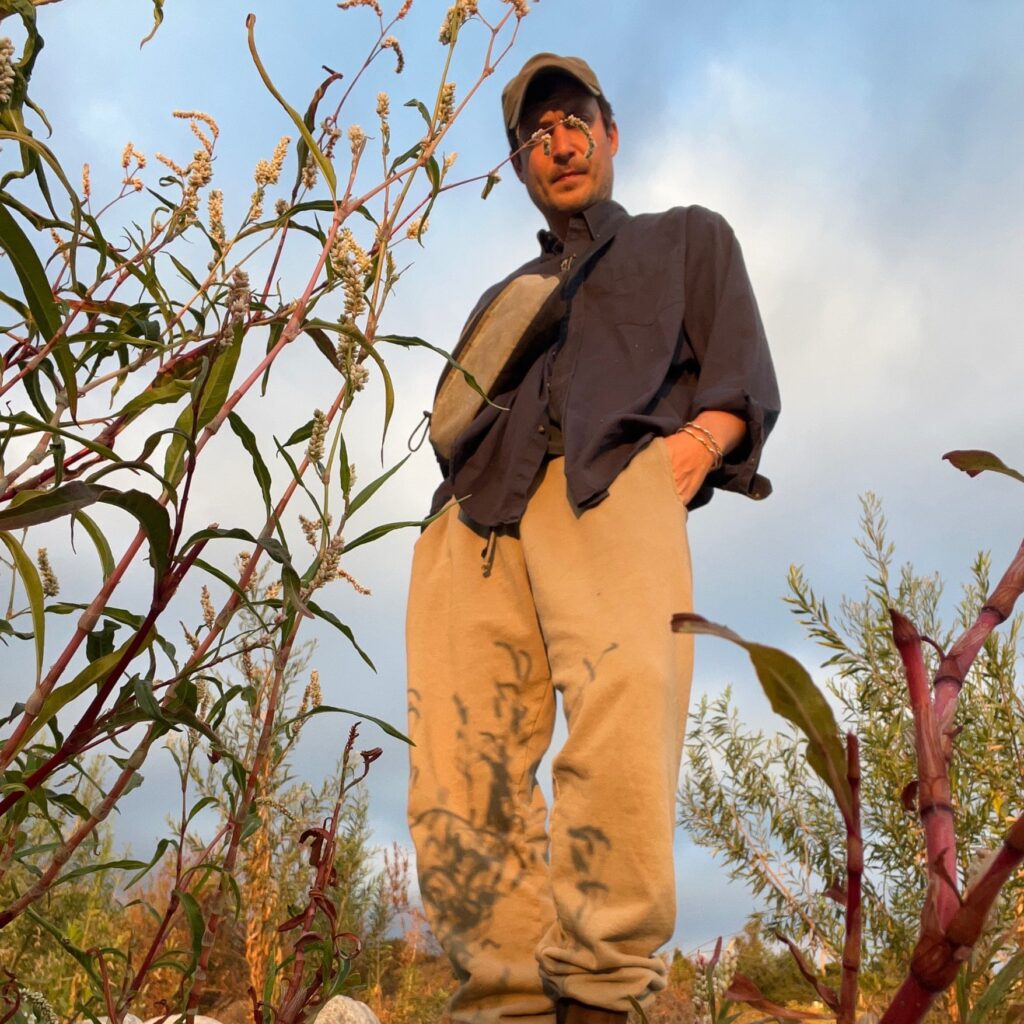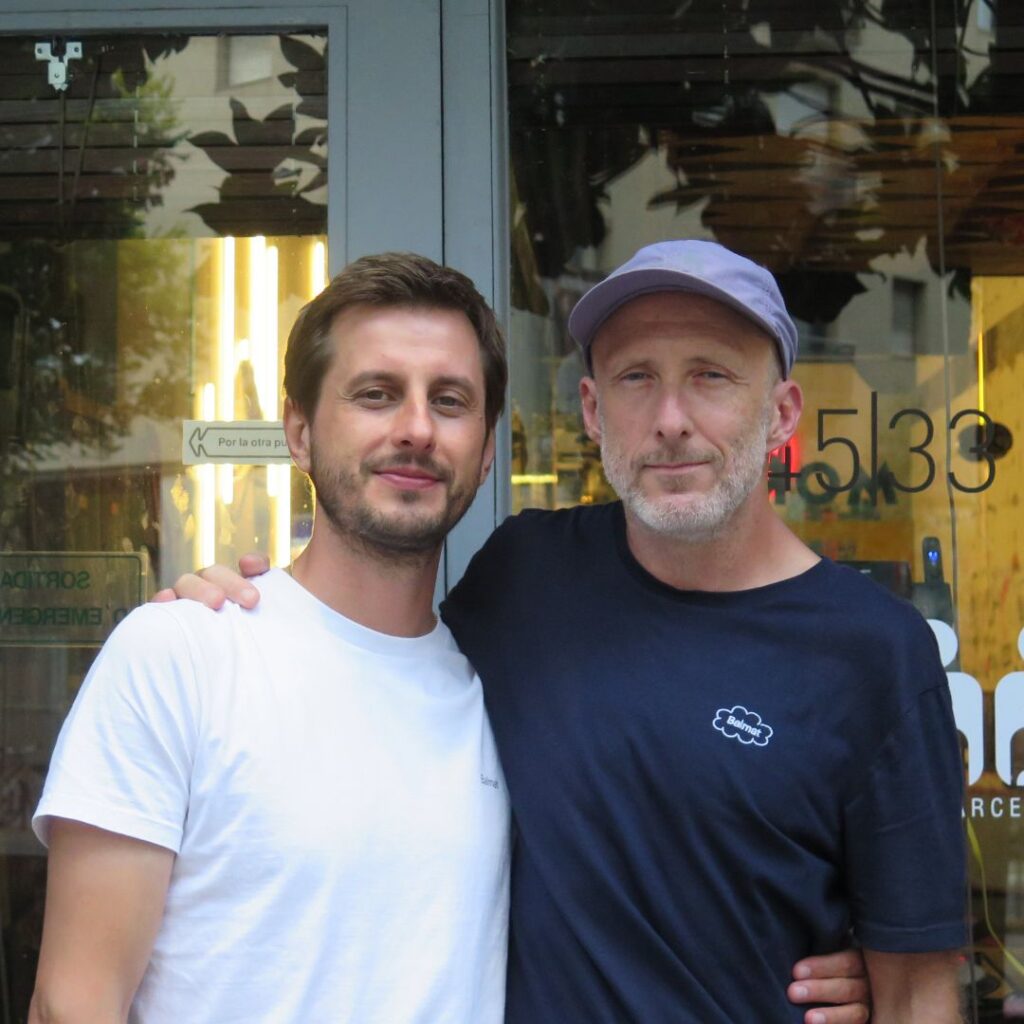beholding future artifacts with Alex Cobb
There is a humble sincerity that traces Alex Cobb’s approach to creativity and cultivation. As a musician, his work holds fast to the fragility of the human spirit–an unwavering anchor across life’s many subtleties and textures. Yet his creativity over the years has been more so directed to his two imprints, Students of Decay and Soda Gong. Both labels offer their own distinct character, but there’s a perceptible sense of non-linear discovery that arises across the releases: he’s offered artists a landing place for joyful wandering in sound. Alex has shown the utmost care and attention in presenting artists’ works not as singular one-offs, but as a part of something bigger, something special, which stems from his deep-rooted appreciation for the act of archiving and publishing.
We spoke with Alex about the distinctions between his labels, the resonance of archiving, and the evolution of his artistic practice.
Students of Decay (SOD) was launched in 2005 with the release of your album under Taiga Remains, and you did the same in 2018 by announcing Soda Gong under the Etelin moniker. That’s an interesting pattern!
The Etelin record being the first release of Soda Gong was a deliberate choice to try to articulate what the tone of a new imprint might be. I’d come to feel a bit constrained by what I perceived to be the organizing principles of SOD and with my working methods as a musician. I wanted to both make and publish a more playful, naive, spontaneous sort of music and be able to tap into a wider range of genres, things I didn’t feel inclined to pursue with SOD because of my convictions about the importance of archival/curatorial cohesion.
Students of Decay was a very different situation, in that, really, I had no idea what I was doing at the beginning. I had no notion of starting a label or visions of myself as a publisher whatsoever. I simply wanted to publish a piece of my music that I felt enthusiastic about. The idea of growing this into a label emerged out of connections that I was beginning to make with other musicians, label owners, shops, writers, etc., and my enthusiasm for what was happening in experimental music at the time on an international scale.
How have Students of Decay and Soda Gong evolved since then? What is the main difference between the two imprints?
I would say that on the whole SOD is a bit more austere and deals more with minimalism and non-music. Soda Gong publishes a wider range of genres including dance and post-dance musics, styles that I can’t imagine appearing in the SOD catalog. Still, there are a few records over the years that I thought could fit very well on either label. I think some people might have to squint to see the distinction between the two imprints, but for me it’s quite discernible. Certainly the design and art direction emphasizes a difference, I think.
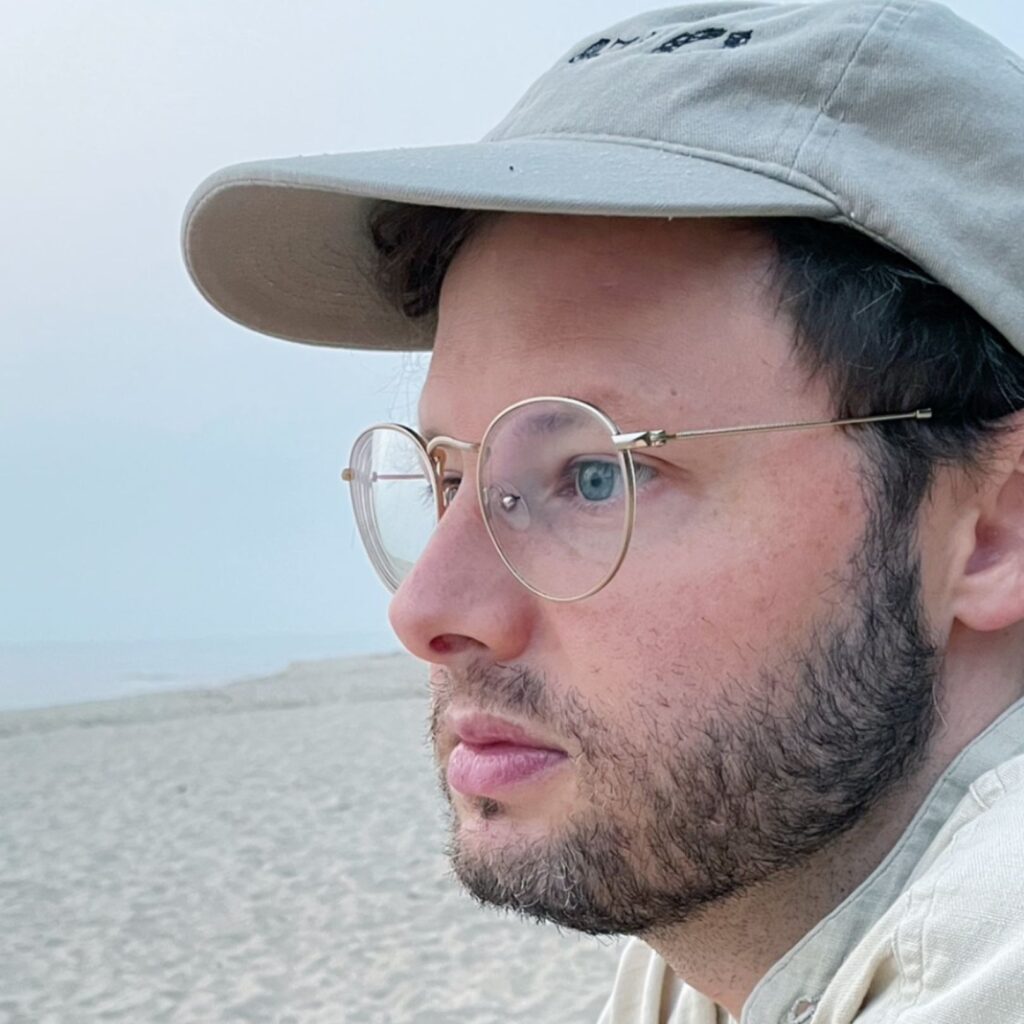
Are there any projects on your labels particularly memorable to you? Some groundbreaking moments?
I try to approach every project in the same way: present a well made, well-considered object with which the artist is truly satisfied. My emphasis has always been on the act of archiving over the commercial side of things. Realizing the collection of Paul Clipson’s films that he and I worked on putting together for a few years before his passing was a particularly important project for me. Collaborating with Alex McCullough for Soda Gong has been a pivotal experience; he’s changed how I think about packaging and design in a fundamental way.
You’ve mentioned the importance of (artistic) archival. What is it about the act of archiving that resonates so much with you?
I’m interested in the ways in which a publisher’s catalog becomes something more than the sum of its parts when it is taken as a whole. The best publishers, be they record labels, art book publishers, or poetry presses, have a discernible aura and feel to them that is not reducible to their individual publications.
When I think about publishers that I admire, my mind always goes to those imprints that achieve this. The platonic ideal for me is probably something like Burning Deck Press, and perhaps unsurprisingly, often I wonder if I’d have been better suited to publishing books. I think there’s probably also something deeper related to permanence/impermanence going on in terms of my constant framing of publishing as creating a unified body of work that can be unearthed, pored over, and considered in the future.
Even though you’ve released a lot of albums, you’re kind of hiding as a musician, aren’t you? You don’t mention it on your social media, your albums don’t even appear on the SOD Bandcamp page…
I guess I think people can find the work if they want to, and it’s quite alright if they don’t. The nature of the experimental/ambient space has shifted a lot in the last decade, and I don’t think my orientation towards making art has necessarily followed along. I suppose I still try to embrace the hermetic nature of making experimental music, and to me this feels antithetical to being an avid self-promoter on social media.
I also think for work to feel discoverable in the future, there’s a degree to which it must remain obscure in the present. Beyond this, the reality is that much of my musical practice is a personal practice by design. I simply like sitting in my studio with headphones on listening to sine waves, filter pings, wave folding, destroyed loops, feedback, etc. Playing and listening are more often than not their own ends.
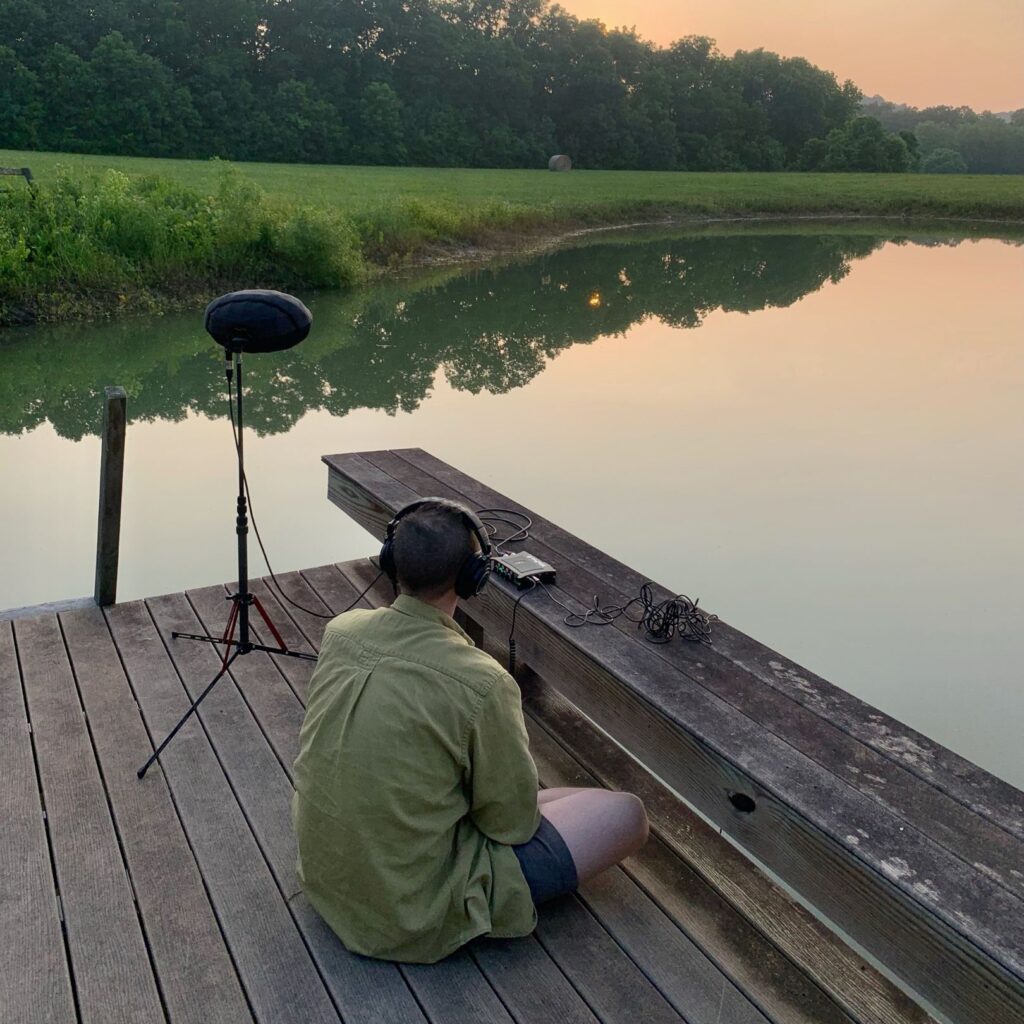
How do you work on releases with artists, being a musician yourself? Do you give them free space, or do you collaborate on details?
When it comes to being a publisher, I think it’s an asset to also be an artist. It provides certain insights into what’s at stake with the work in ways that non-musician publishers might not quite understand.
In general, I position myself as an “enthusiastic editor, should that be wanted.” This means that I am happy to provide thoughts on things like sequencing, mixing, track selection, etc., but won’t insert myself in these ways if they’re not part of an artist’s workflow or what they want from a label. Camaraderie and friendship is a big part of publishing for me – one of the animating principles of why I do it.
Is there a particular piece of equipment that establishes your sound? Or are you often looking for something new to explore?
I don’t think so, or I guess I should say I hope not. I try to think of equipment as ephemeral. I like to say there’s no piece of gear that I wouldn’t be ok with selling or losing. That said, I am certainly very fond of the character or functions of certain specific pieces of equipment. I love the “vintage digital” sound of older Harvestman/Industrial Music Electronics modules, the intricate detail yielded by Mungo modules, the open endedness of Serge systems, and I love playing and listening to the sound of classical nylon string guitar.
Do you often introduce narrative into your music? Or is it more a form of experimentation every time?
A bit of both, I’d say. At this point, I seem to require some kind of narrative thread to emerge in my head in order for me to feel motivated to edit and arrange recordings. This can be something as slight as a particularly evocative image or something considerably more involved. This is not usually the sort of thing I’d want built into how the album is presented publically, but I need there to be some kind of a story being told, even if it’s just for my benefit. As for whether this gets introduced into the music itself, I think it does to a degree, as these sorts of framing conceits come to bear on everything from titles and artwork to the textures and moods of the music.
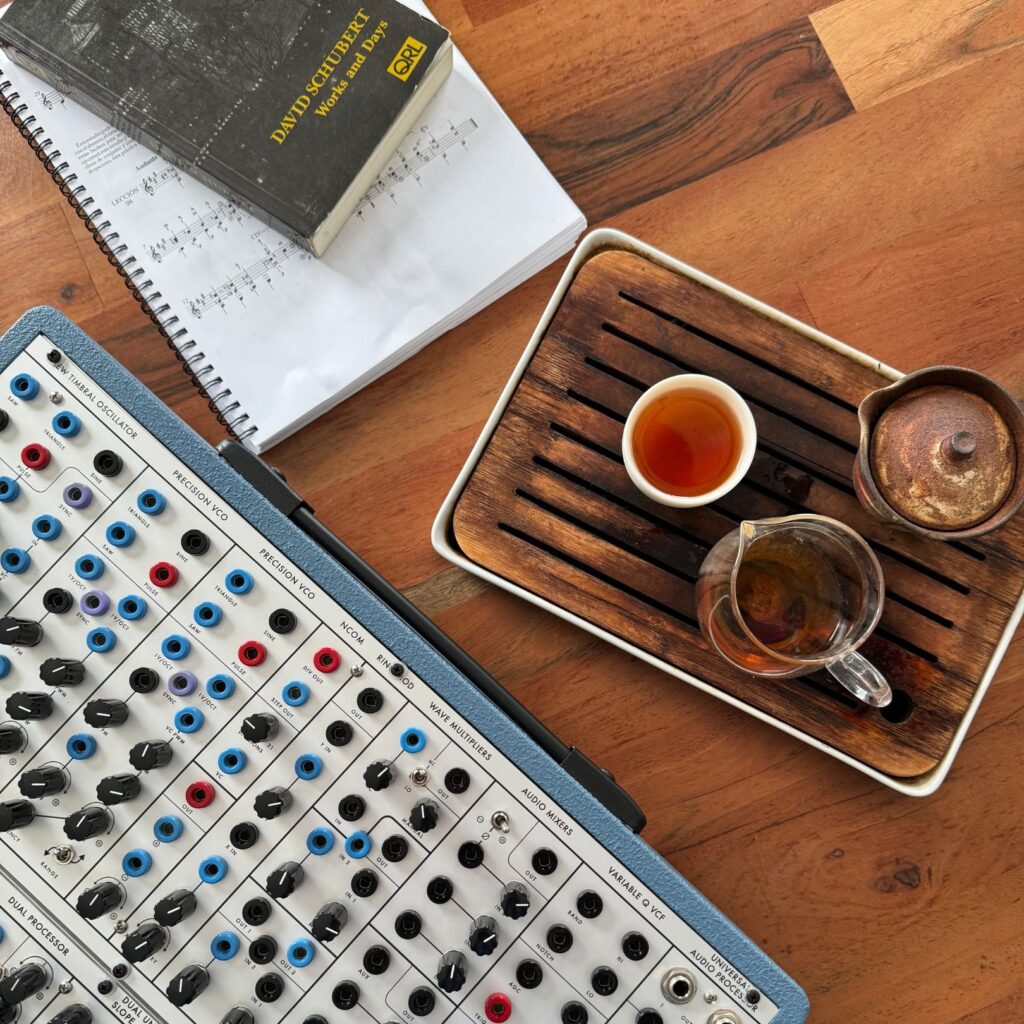
How much has your musical creative life changed since you’ve become a parent?
Quite a bit I suppose. The main thing is just not having any real, substantive time for creative work. My days are at capacity even without music. This makes working with modular synthesizers in particular seem like a fool’s errand. For example, I will drag myself into the studio after a long work day followed by a doing the bedtime routine for my two sons and then spend an hour patching and doing sound design, only to arrive at the point where it’s ostensibly “time to be creative,” and by then I’m typically just… spent. I think to myself, “What do I have to say right now? What ideas do I have?” and often the answer is simply: “Not one. I’m really tired.” This being said, I’ve never been someone who needs to be prolific, and I think publishing other people’s music does a good job of supplementing the deficit since, for me, running a label is a creative act in itself.
How do you envision the near future? Any upcoming projects or new beginnings?
One thing is for certain: I have no plans to stop publishing. I’ve done it for as long as I’ve been an adult and I still truly enjoy it. At some point, I hope to revisit the cassette format. Vinyl is so expensive to produce the right way and I’d love for my labels to be a bit more lightweight, for me to be able to take on new projects with less decorum. As for my own music: recently, I’ve been culling and editing the rather large archive of recordings I’ve made with my 4U and Eurorack systems over the past few years, resulting in several compositions that I’m excited about. I expect some of this work will see publication in 2024.

